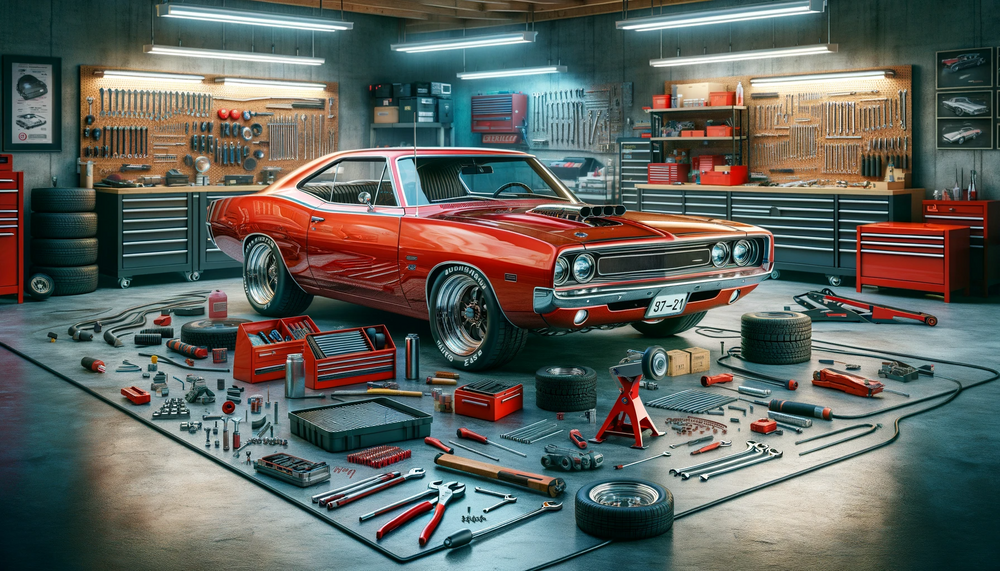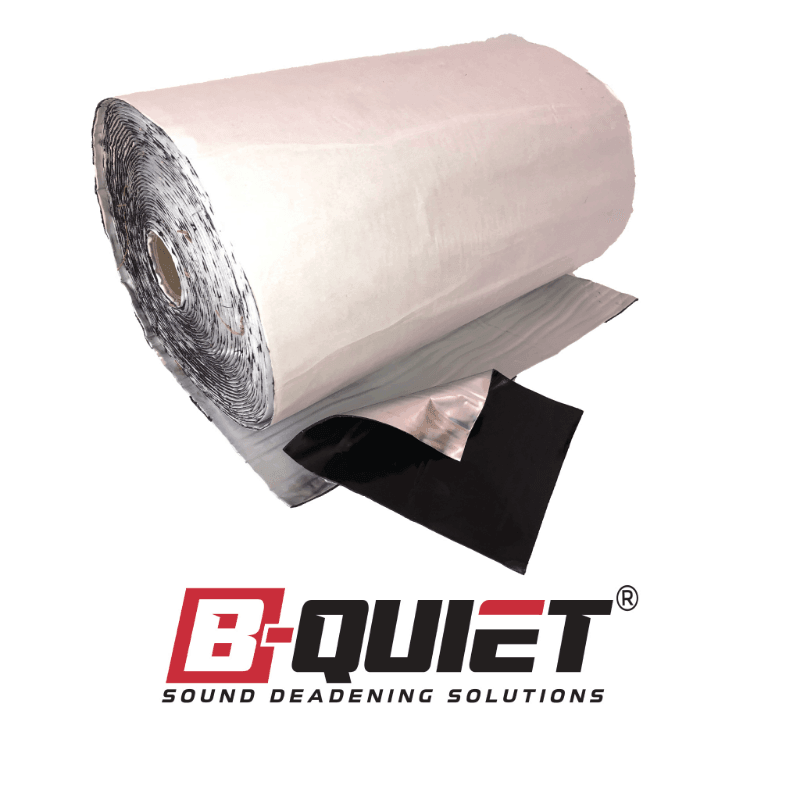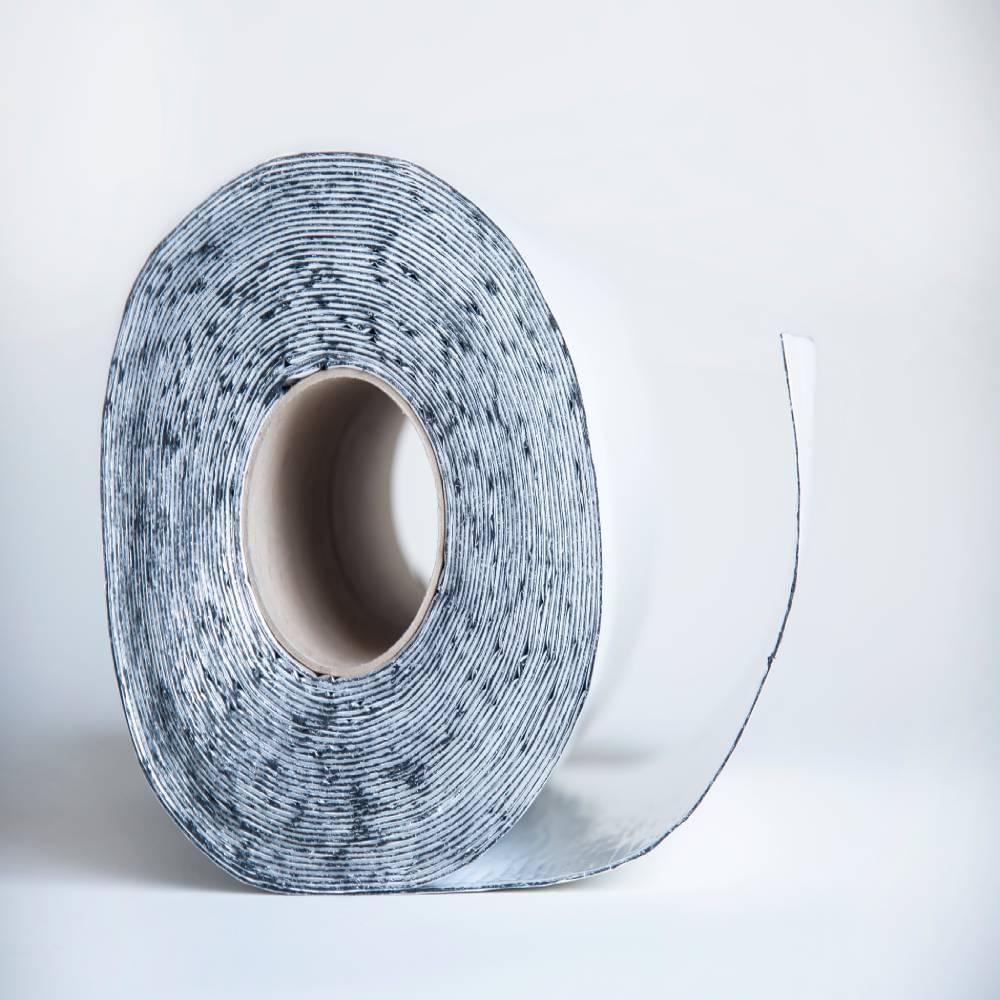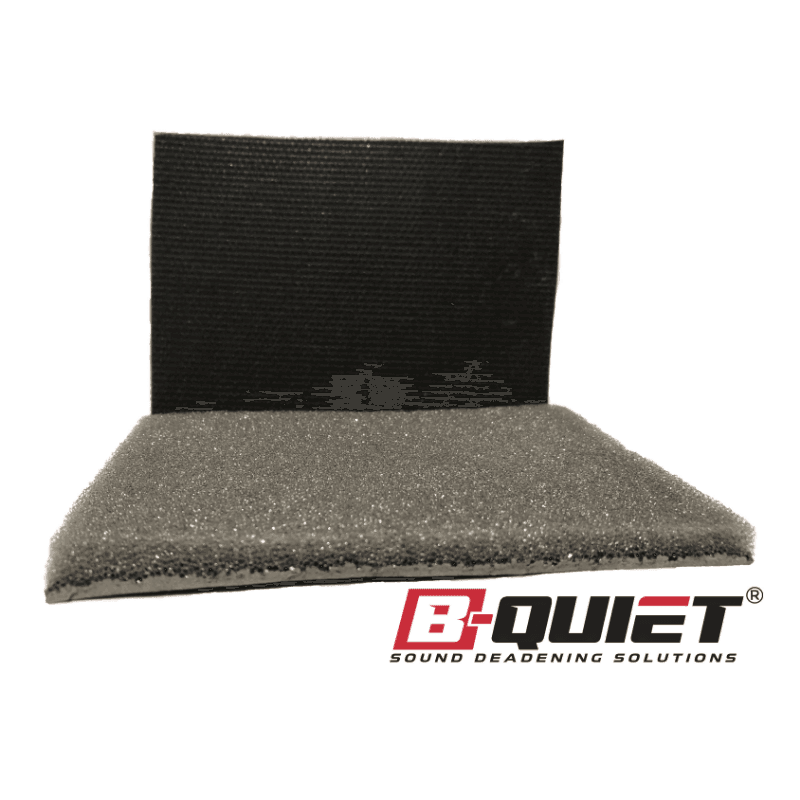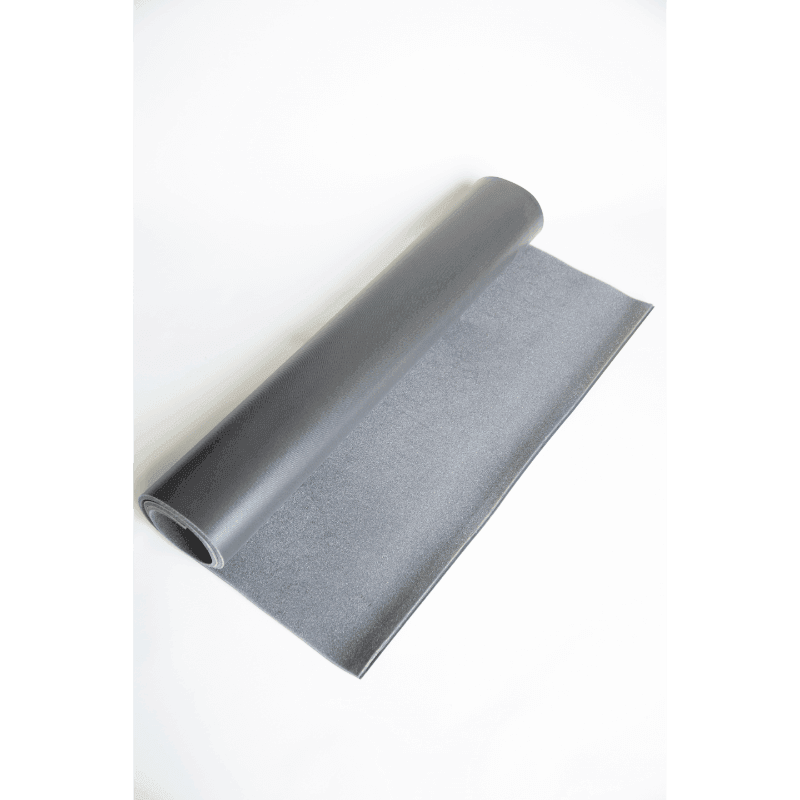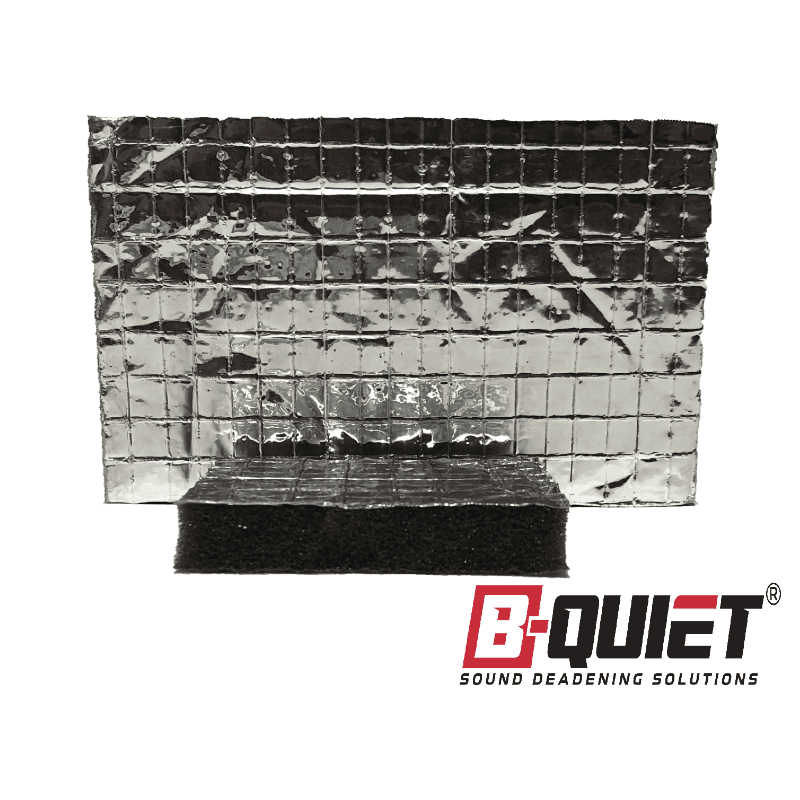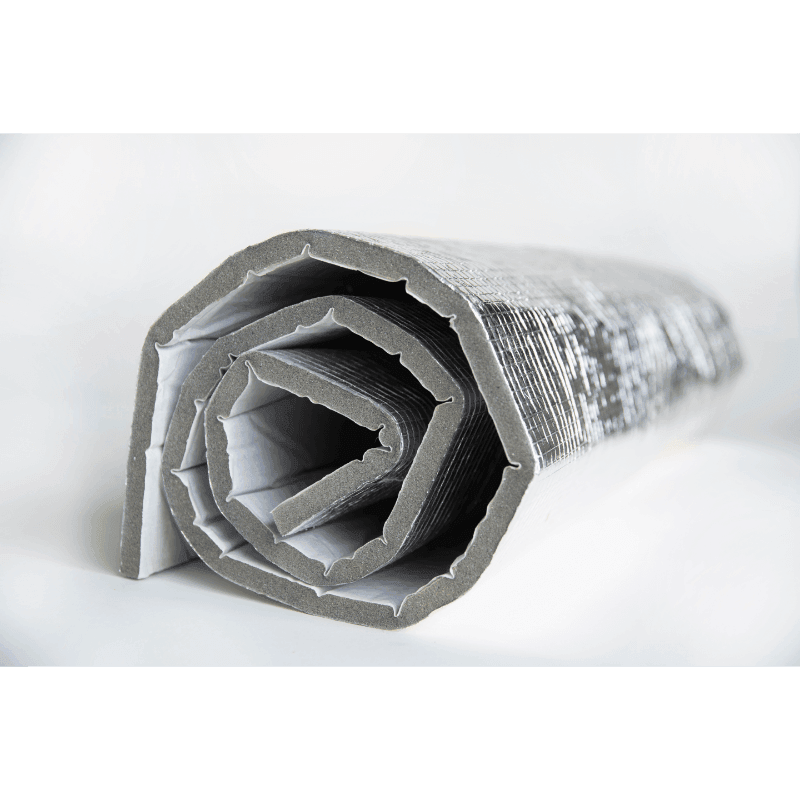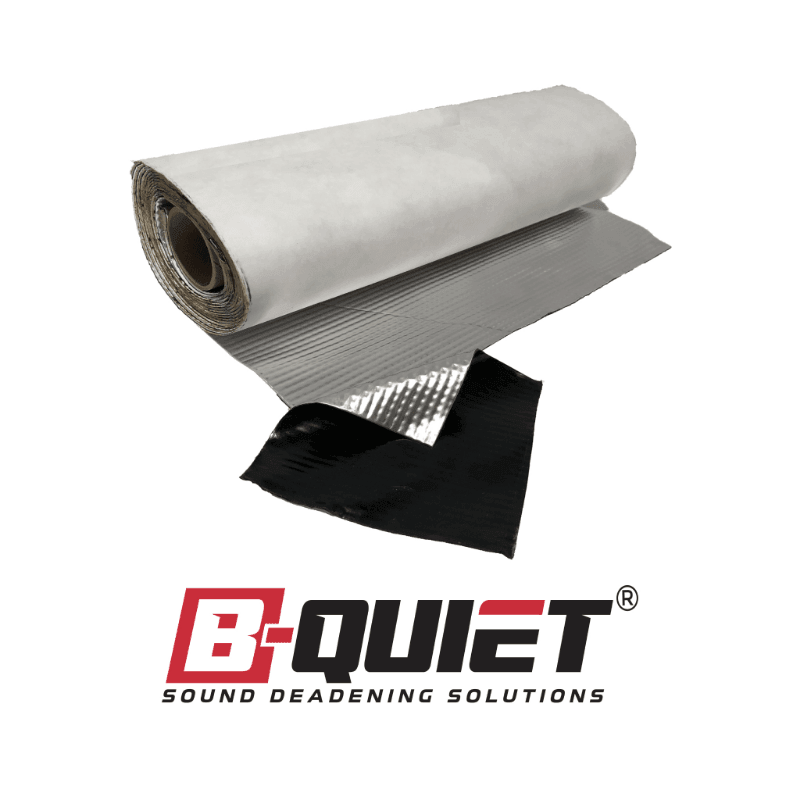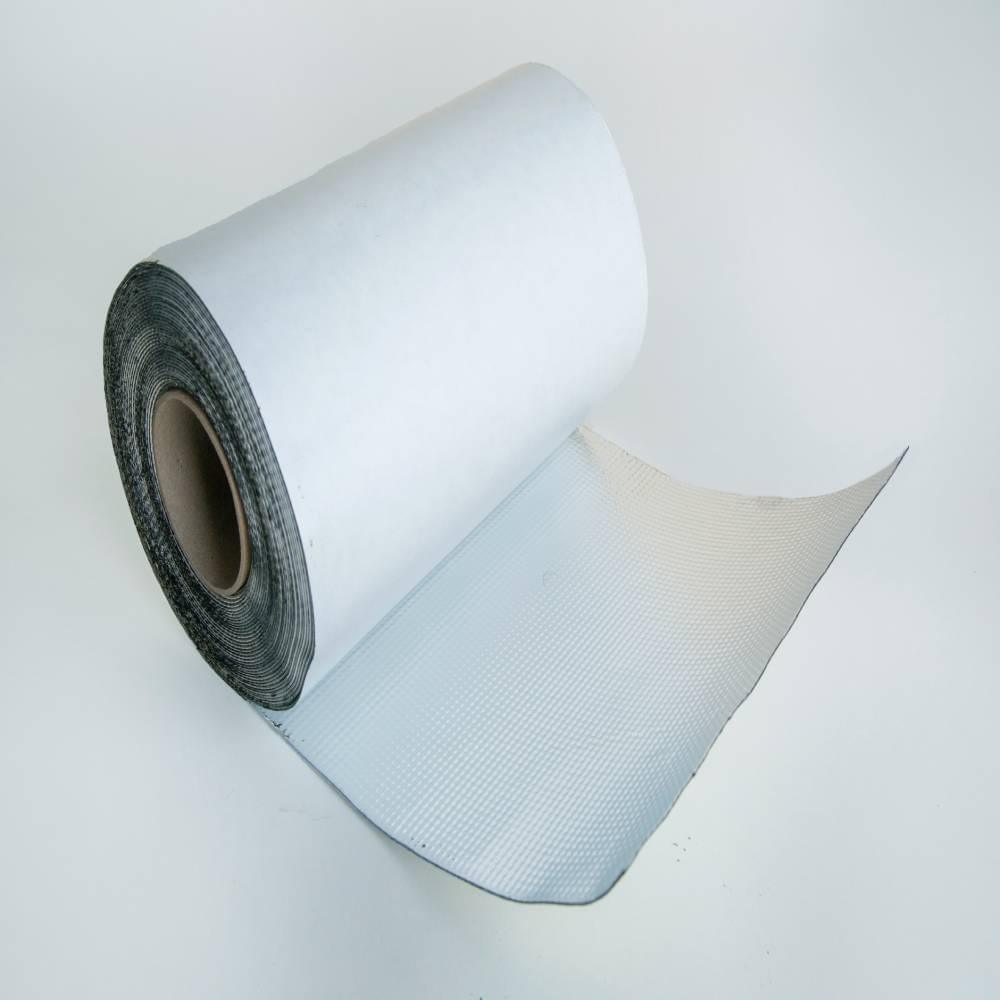Soundproofing Your Vehicle: Best Sound-Deadening Solutions

If you've ever set off for a long drive and found yourself battling the relentless noise of your vehicle, you're not alone. Road noise, engine hums, and the cacophony of the outside world can create quite a disturbance when you're trying to enjoy your favorite podcast or simply yearning for some peace and quiet.
What if we told you there's a way to subdue these noises and enjoy a more serene and calm driving experience? Well, buckle up because we're about to dive deep into the world of vehicle sound-deadening solutions. This comprehensive guide will take you through the ins and outs of various sound-deadening techniques, materials, and strategies that could make your rides significantly quieter.
Understanding the Primary Sources of Vehicle Noise
As mentioned earlier, there are three main sources of noise within a vehicle: the engine, the road, and the wind. It's important to understand how each of these sources contributes to the overall noise inside your vehicle so you can adapt your sound-deadening plan accordingly.
- Engine Noise: This noise mainly comes from the vibration caused by the engine while it is running. The larger and more powerful the engine, the more noise it's likely to produce. Engine noise is especially noticeable while accelerating or driving at high speeds.
- Road Noise: This is the noise generated by the interaction between your tires and the road surface. The type and condition of the road, as well as the type of tires you use, can greatly influence the level of road noise you experience. Rough road surfaces, poorly maintained roads, and aggressive tire treads usually lead to increased road noise levels.
- Wind Noise: Wind noise primarily results from the air passing over and around your vehicle as you drive. It can be particularly noticeable at high speeds or in high-wind conditions. The shape and design of your car, as well as any exterior accessories, can affect the amount of wind noise you encounter.
Comparing Different Vehicle Sound-Deadening Materials
There are several options available for vehicle sound-deadening materials, each with its unique benefits, drawbacks, and applications. Let's take a closer look at three of the most popular materials:
- Mass Loaded Vinyl (MLV): This is a dense, flexible, and thin material designed to block sound transmission. MLV is often combined with other materials, such as foam or fabric, to enhance its sound-deadening properties. It's an excellent choice for effectively blocking out road and engine noise.
- Butyl Rubber: Butyl rubber is a highly effective damping material. It works by converting vibrational energy into heat, effectively reducing noise in the process. It's commonly used in car door panels, floor pans, and trunks due to its ease of installation and ability to contour around the vehicle's curves. Butyl rubber is an affordable and effective solution for many vehicle noise issues.
- Closed-Cell Foam: This foam has tiny, closed cells that prevent air movement. It's an outstanding choice for absorbing and blocking high-frequency noises, such as wind noise. Closed-cell foam is lightweight, water-resistant, and can be easily installed, making it a popular choice for vehicle soundproofing applications.
Evaluating Sound-Deadening Materials and Solutions
When selecting the ideal sound-deadening material for your vehicle, consider the following factors to make an informed choice:
- Noise Reduction Capabilities: Although some materials may work well for reducing road noise, they might not be as effective against engine or wind noise. It's important to choose a material that targets your specific noise issues for maximum effectiveness.
- Budget and Cost: Different sound-deadening materials come at various price points. While budget should not be the only determining factor when choosing a solution, it's important to find a cost-effective option that still delivers high performance and lasting results.
- Installation Complexity: Some materials are simpler to install than others, especially for DIY enthusiasts. Assess the level of complexity involved in the installation of a particular material to make sure it's suitable for your needs and skill level.
- Weight and Thickness: The weight and thickness of a sound-deadening material can have an impact on your vehicle's performance and fuel efficiency. Ideally, look for a lightweight and thin sound-deadening material that does not negatively affect your vehicle's performance.
Tips for Maximizing Sound-Deadening Efficiency
In addition to selecting and installing the right sound-deadening materials, here are some practical tips for further enhancing their efficiency:
- Proper Installation: Ensure that the materials are installed correctly and securely. Incorrect installation can result in reduced noise reduction capabilities or even damage to the materials themselves.
- Comprehensive Coverage: Make sure to cover as much of the targeted area as possible with your chosen sound-deadening materials, especially in spots where noise is known to penetrate the cabin.
- Regular Maintenance: Keep your vehicle well-maintained and address any issues that may be contributing to excessive noise. For instance, timely replacement of worn-out tires, loose exhaust systems, or window seals can significantly improve your vehicle's noise levels.
Enhancing Your Drive: The Importance of Vehicle Sound-Deadening
Regardless of whether you're looking to enjoy your favorite music without road noise interference, seeking to reduce the stress of long-distance travel, or hoping to increase the resale value of your vehicle, investing in car sound-deadening solutions can be a game-changer.
Remember to consider factors such as noise reduction capabilities, budget, installation complexity, and weight when choosing the right sound-deadening solution. With the right materials and approach, you can enjoy the benefits of a quieter, more comfortable driving experience. For expert guidance and top-quality sound-deadening materials, don't hesitate to reach out to B-Quiet today!


